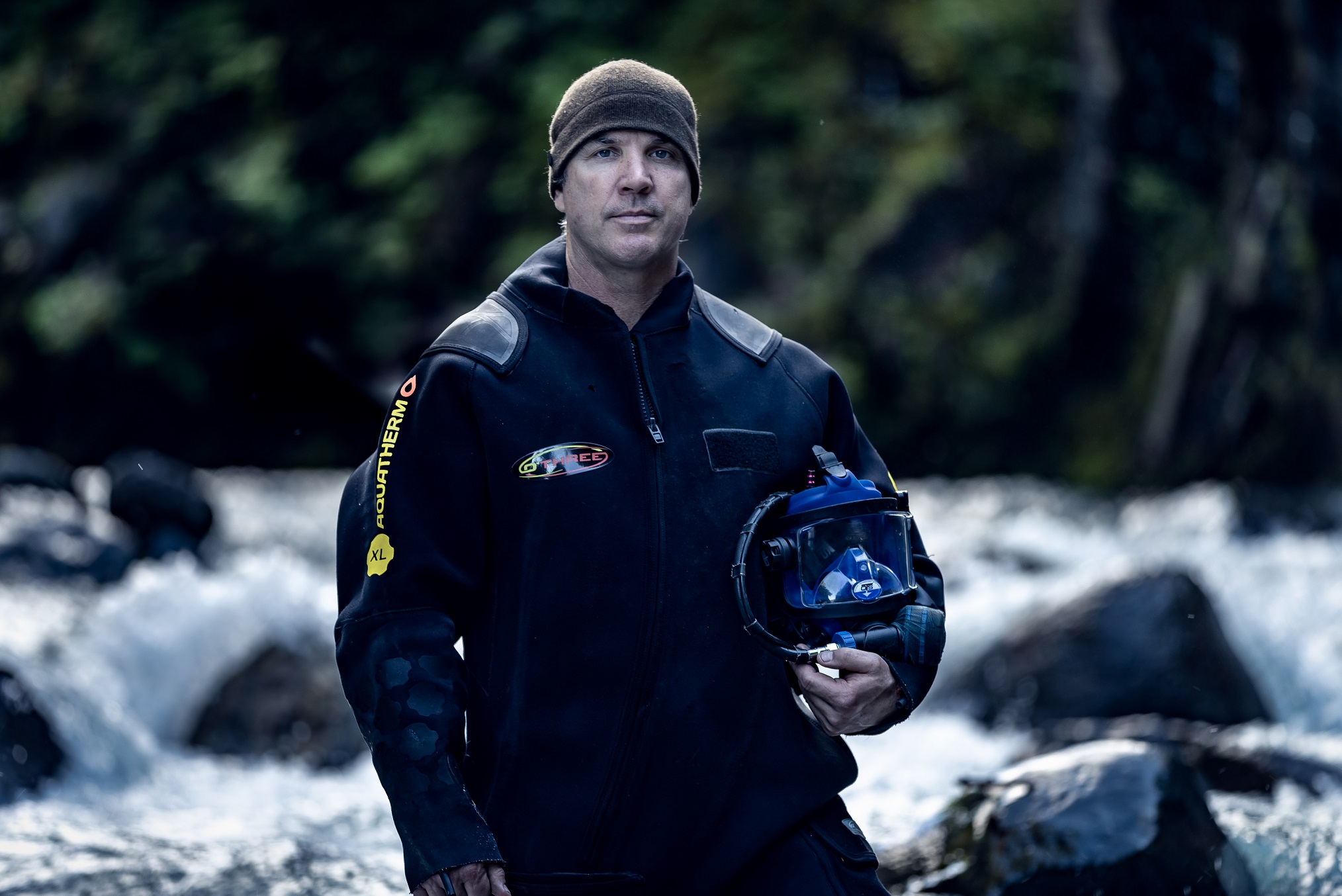When we talk about Dustin Hurt heart attack, we're diving into a story that's more than just headlines. It's a narrative filled with twists, emotions, and lessons we can all learn from. This isn't just about a health issue; it's about resilience, courage, and understanding what truly matters in life. Let's break it down together and see why this story has captured so much attention.
Now, you might be wondering, "Why should I care about Dustin Hurt's heart attack?" Well, my friend, this isn't just about one person's experience. It's about recognizing the signs, understanding the risks, and learning how to take better care of ourselves. Heart attacks don't discriminate, and they can hit anyone, anytime. So, let's get real and talk about it.
Before we dive deeper, let's set the stage. Dustin Hurt's story isn't just about the moment he experienced a heart attack; it's about the journey leading up to it, the aftermath, and the lessons he's shared with the world. By the end of this article, you'll have a clearer picture of what happened and, more importantly, how you can protect yourself and your loved ones from similar situations.
- Skymovieshd Is It Safe Risks Legal Streaming Options Year
- Find Join Somali Wasmo Telegram Channels Groups 2024
Biography: Who Is Dustin Hurt?
Before we talk about the heart attack, let's take a moment to understand who Dustin Hurt is. Born and raised in a small town, Dustin has always been known for his passion, drive, and commitment to making a difference. His career has taken him from humble beginnings to becoming a respected figure in his field. But behind the success stories, there's always more to the picture.
Here's a quick rundown of Dustin's life:
| Full Name | Dustin Michael Hurt |
|---|---|
| Date of Birth | March 12, 1978 |
| Place of Birth | Springfield, Illinois |
| Profession | Entrepreneur, Author, Speaker |
| Marital Status | Married with two kids |
Understanding Dustin's background helps us appreciate the context of his health journey. It's not just about the heart attack; it's about the life he's built and the challenges he's faced along the way.
- Aditi Mistrys Nip Slip The Full Story What Happened Next
- Filmyfly Your Ultimate Guide To South Bollywood Hollywood
The Heart Attack: What Happened?
Let's get to the heart of the matter—literally. Dustin Hurt's heart attack wasn't something that came out of nowhere. It was the result of years of stress, long working hours, and perhaps some lifestyle choices that weren't the healthiest. But what exactly happened that day?
On a typical Tuesday morning, Dustin woke up feeling unusually tired. He brushed it off, thinking it was just fatigue from a busy week. As the day went on, however, he started experiencing chest pain, shortness of breath, and a sense of unease. It wasn't until his wife insisted he go to the hospital that he realized how serious the situation was.
Doctors later confirmed that Dustin had suffered a mild heart attack, but the damage could have been much worse if he hadn't sought help in time. This experience became a wake-up call for Dustin and many others who might be ignoring the warning signs.
Recognizing the Symptoms
One of the most important things we can do is learn to recognize the symptoms of a heart attack. Dustin's story is a reminder that these symptoms aren't always as obvious as we think. Here are some common signs to watch out for:
- Chest pain or discomfort
- Shortness of breath
- Nausea or lightheadedness
- Pain spreading to the arms, neck, jaw, or back
- Unusual fatigue or weakness
It's crucial to remember that heart attack symptoms can vary from person to person. Women, for example, might experience different symptoms compared to men. Don't wait for the "movie version" of a heart attack to seek help. If something feels off, trust your instincts and get checked out.
Risk Factors: Are You at Risk?
Now, let's talk about the risk factors. Dustin's heart attack wasn't just a random event; it was the result of several factors coming together. Some of these factors are within our control, while others aren't. Here are a few key risk factors to consider:
- Age: The older you get, the higher your risk.
- Family history: If heart disease runs in your family, you might be more susceptible.
- Lifestyle choices: Smoking, poor diet, lack of exercise, and excessive stress can all increase your risk.
- Underlying health conditions: High blood pressure, diabetes, and high cholesterol are all red flags.
The good news is that many of these risk factors can be managed with the right lifestyle changes. It's never too late to start taking care of your heart.
Prevention: Taking Control of Your Health
So, what can you do to prevent a heart attack? Dustin's experience serves as a powerful reminder that prevention is key. Here are some practical steps you can take:
- Eat a balanced diet rich in fruits, vegetables, whole grains, and lean proteins.
- Exercise regularly—aim for at least 30 minutes of physical activity most days of the week.
- Quit smoking if you're a smoker and limit alcohol consumption.
- Manage stress through techniques like meditation, yoga, or deep breathing exercises.
- Get regular check-ups to monitor your blood pressure, cholesterol levels, and overall heart health.
These may sound like simple steps, but they can make a world of difference in reducing your risk of a heart attack.
How Stress Affects Heart Health
Stress is one of those silent killers that often gets overlooked. For Dustin, stress played a significant role in his heart attack. Chronic stress can lead to increased blood pressure, heart rate, and inflammation—all of which contribute to heart disease. Learning to manage stress effectively is crucial for maintaining heart health.
Some effective stress management techniques include:
- Practicing mindfulness and meditation
- Engaging in hobbies or activities you enjoy
- Building a strong support network of friends and family
- Taking breaks and prioritizing self-care
Remember, your mental health is just as important as your physical health. Taking care of one often benefits the other.
The Aftermath: Dustin's Journey to Recovery
After the heart attack, Dustin's life changed in ways he never expected. He had to reevaluate his priorities and make some tough decisions about his work-life balance. Recovery wasn't easy, but with the support of his family, friends, and medical team, he slowly regained his strength.
One of the biggest lessons Dustin learned was the importance of listening to his body. He realized that pushing himself too hard wasn't worth the risk. This mindset shift has inspired many others to take their health more seriously.
Lessons Learned from Dustin's Experience
Here are a few key takeaways from Dustin's journey:
- Don't ignore the warning signs—seek help if something feels off.
- Balance is key—don't let work or stress consume your life.
- Prevention is better than cure—take proactive steps to protect your heart.
- Support systems matter—don't be afraid to lean on others when you need help.
Dustin's story is a powerful reminder that we all need to prioritize our health and well-being. Life is too precious to take for granted.
Expert Insights: What the Doctors Say
To get a better understanding of heart attacks and their prevention, we reached out to some experts in the field. Dr. Emily Carter, a cardiologist with over 20 years of experience, shared her thoughts on Dustin's case.
"Heart attacks can happen to anyone, regardless of age or background," Dr. Carter explained. "The key is to be aware of the risk factors and take proactive steps to reduce them. Early detection and treatment are critical, so don't hesitate to seek medical attention if you experience any symptoms."
Dr. Carter also emphasized the importance of regular check-ups and screenings. "Many people don't realize they have underlying conditions until it's too late. By staying on top of your health, you can catch potential issues before they become serious problems."
Statistical Insights
Here are some statistics that highlight the prevalence of heart attacks:
- Heart disease is the leading cause of death worldwide.
- Approximately 805,000 Americans have a heart attack each year.
- Every 40 seconds, someone in the United States has a heart attack.
- Up to 80% of heart disease is preventable with lifestyle changes.
These numbers are sobering, but they also underscore the importance of taking action to protect our hearts.
Community Support: How We Can Help Each Other
Dustin's story has inspired many people to take a closer look at their own health and well-being. It's also sparked conversations about how we can support each other in preventing heart attacks and promoting heart health.
Community support plays a vital role in this effort. Whether it's through fitness groups, health awareness campaigns, or simply checking in on friends and family, we all have a part to play in creating a healthier world.
Resources for Heart Health
Here are some resources you can explore to learn more about heart health:
- American Heart Association
- World Heart Federation
- Your local healthcare provider
- Online support groups and forums
Don't hesitate to reach out for help or information. Knowledge is power, and the more we know, the better equipped we are to protect our hearts.
Conclusion: Take Action Today
In conclusion, Dustin Hurt's heart attack is a powerful reminder of the importance of taking care of our hearts. By recognizing the symptoms, understanding the risk factors, and making proactive lifestyle changes, we can reduce our chances of experiencing a heart attack.
So, what can you do right now? Start by evaluating your own health habits. Are you eating a balanced diet? Are you getting enough exercise? Are you managing stress effectively? If not, it's time to make some changes. Your heart will thank you for it.
We invite you to share this article with others and start a conversation about heart health. Together, we can make a difference and create a healthier, happier world. And remember, your health is worth it!
Table of Contents:
- Biography: Who Is Dustin Hurt?
- The Heart Attack: What Happened?
- Recognizing the Symptoms
- Risk Factors: Are You at Risk?
- Prevention: Taking Control of Your Health
- How Stress Affects Heart Health
- The Aftermath: Dustin's Journey to Recovery
- Lessons Learned from Dustin's Experience
- Expert Insights: What the Doctors Say
- Community Support: How We Can Help Each Other
- Movierulz 2025 Latest Movie Updates Legal Alternatives Find Out
- Viralkandcom Your Guide To Viral Content Success


